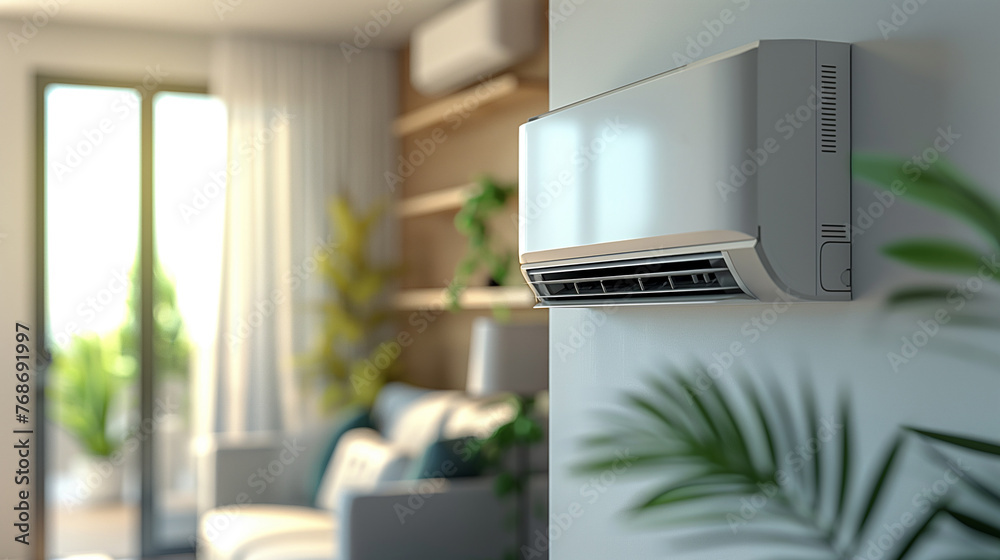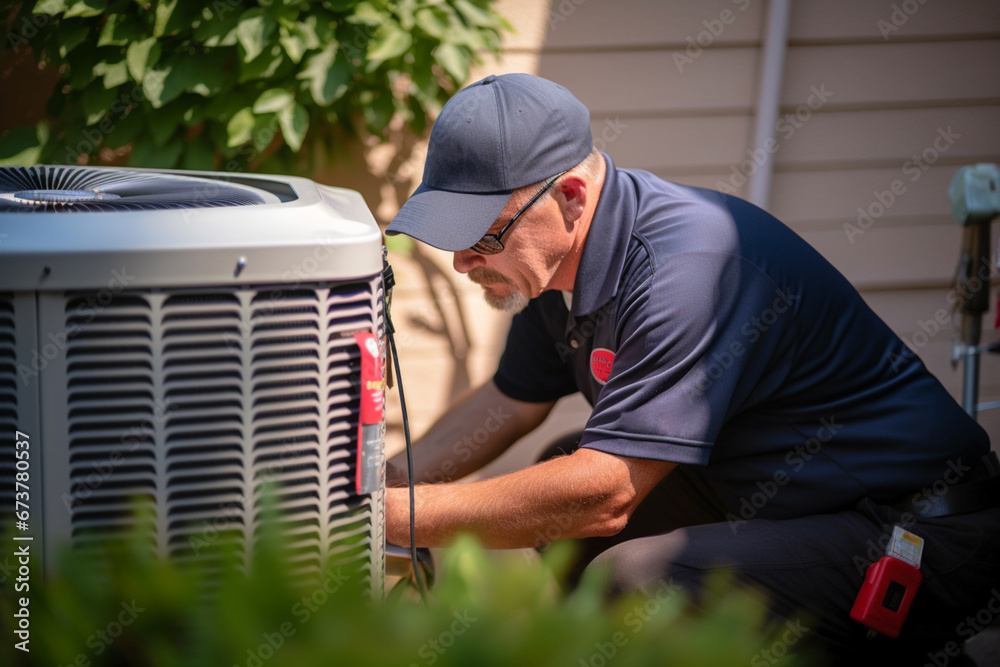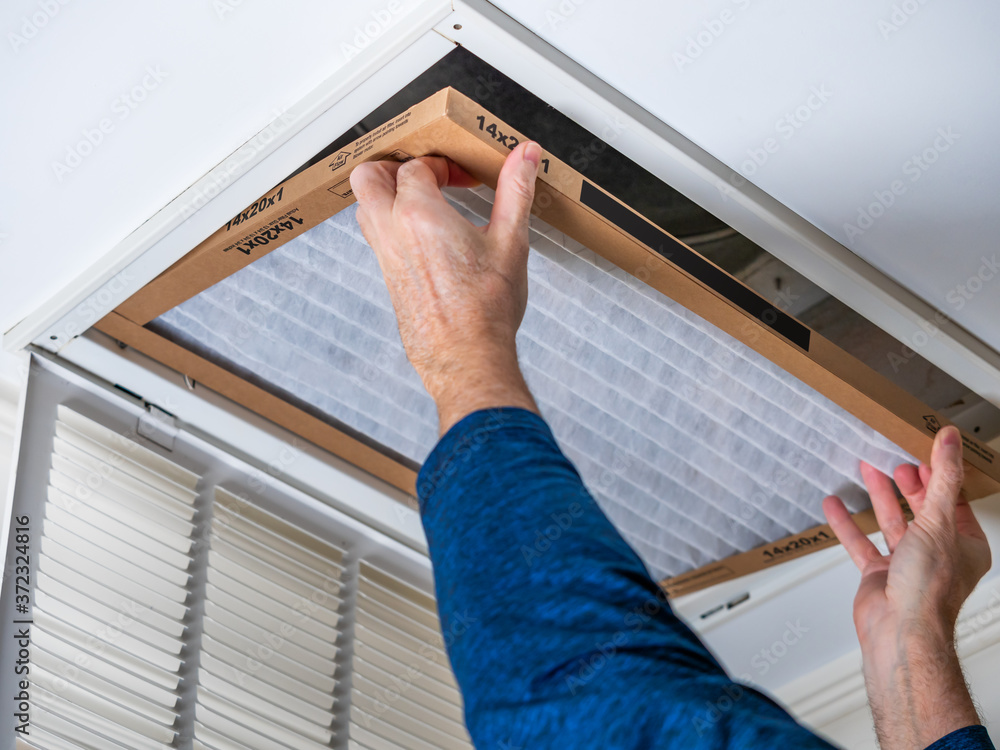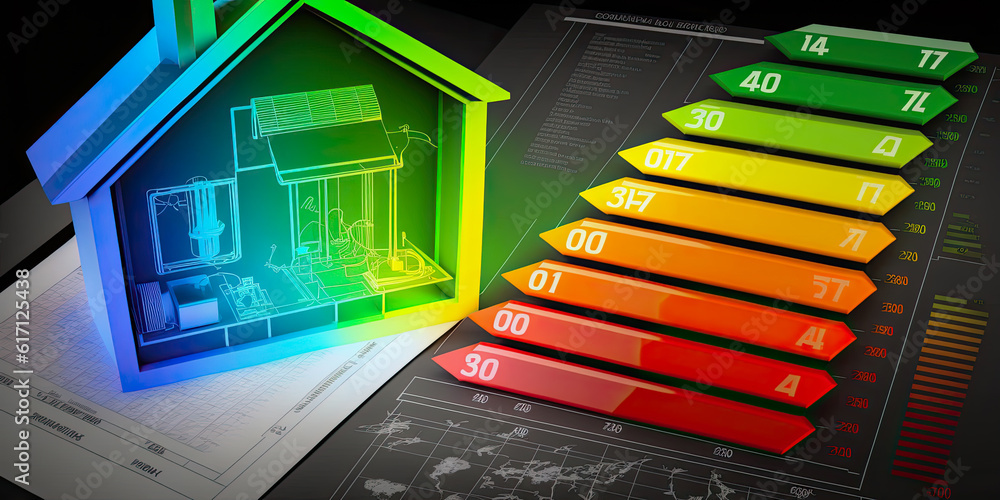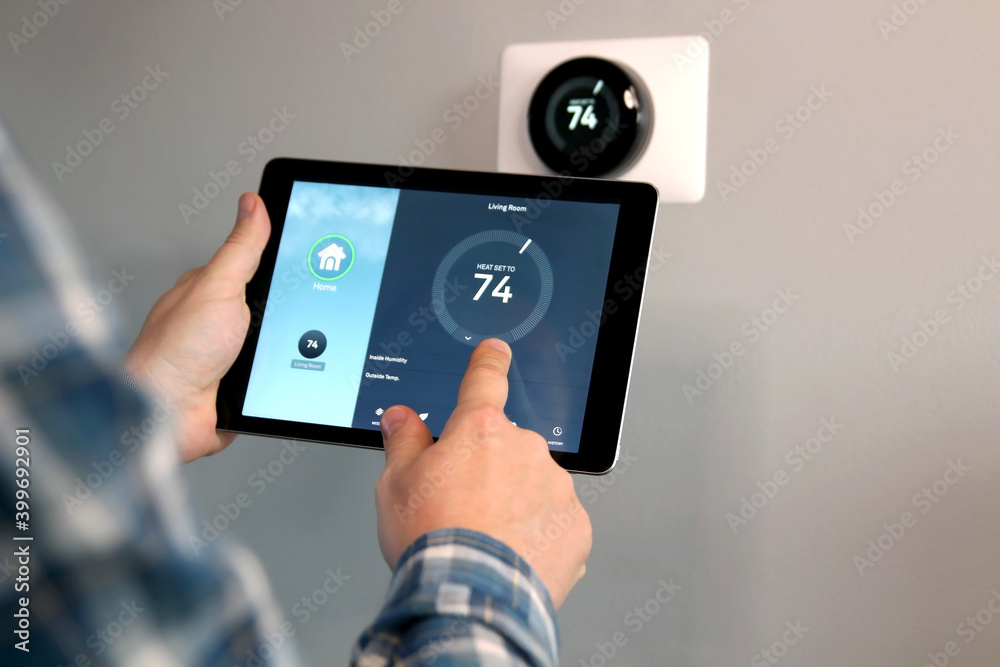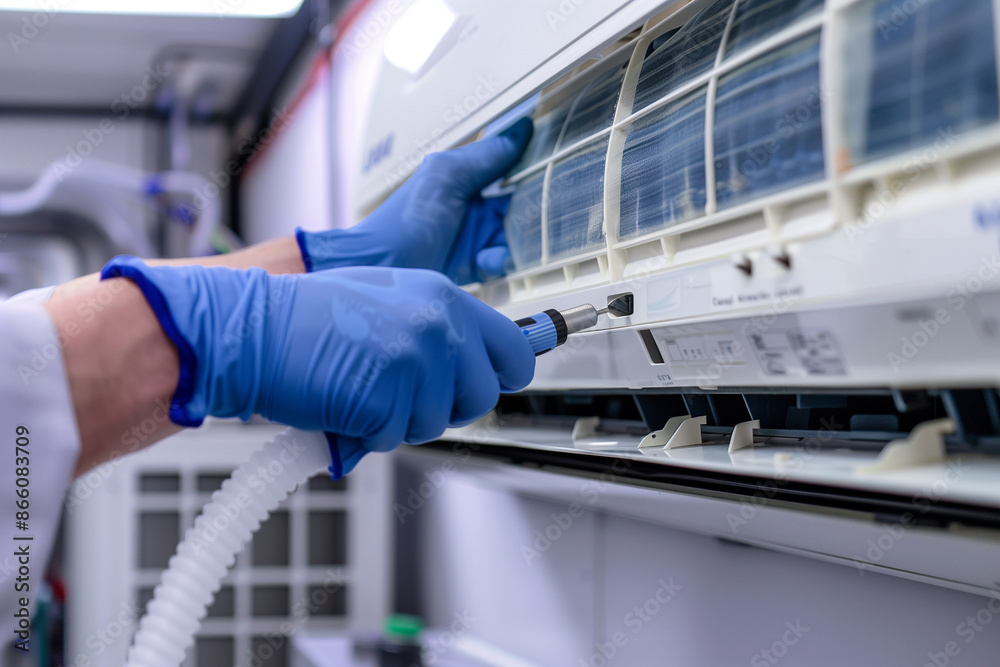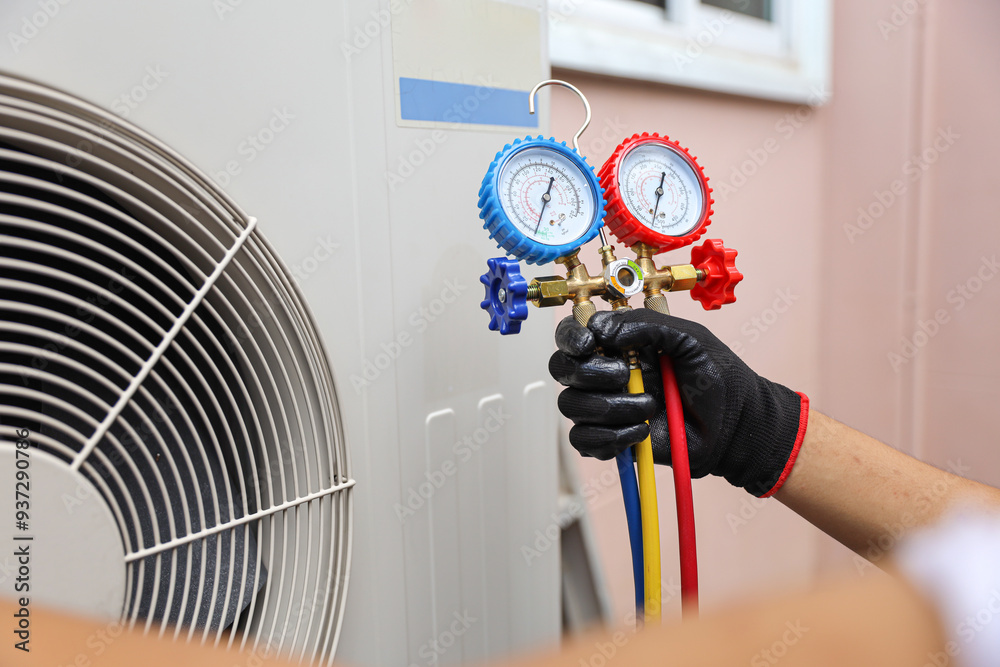As the temperatures rise, air conditioning becomes a crucial element in maintaining comfort in our homes. However, while we often focus on the cooling aspect of air conditioning, its impact on indoor air quality (IAQ) is equally important. Poor indoor air quality can lead to various health issues and discomfort. This comprehensive guide explores how air conditioning affects indoor air quality and provides tips on how to maintain a healthy indoor environment.
Understanding Indoor Air Quality (IAQ)
Indoor air quality refers to the quality of the air within and around buildings and structures, particularly as it relates to the health and comfort of the occupants. Factors that influence IAQ include:- Pollutants: Dust, mold, pollen, pet dander, and volatile organic compounds (VOCs).
- Ventilation: The exchange of indoor and outdoor air.
- Humidity Levels: Ideal indoor humidity levels range from 30% to 50%.
How Air Conditioners Affect Indoor Air Quality
Air conditioners play a significant role in influencing indoor air quality through the following mechanisms:- Filtration of Airborne Particles
- Air conditioners are equipped with filtersthat capture dust, pollen, and other airborne particles. High-quality filters can significantly reduce the concentration of these pollutants in the indoor air.
- Tip: Use high-efficiency particulate air (HEPA) filters to enhance filtration and improve IAQ.
- Regulation of Humidity Levels
- Air conditioners remove excess moisture from the air, helping to maintain optimal humidity levels. Proper humidity control prevents the growth of mold and mildew, which can negatively impact IAQ.
- Tip: Ensure your air conditioner is appropriately sized for your space to effectively manage humidity.
- Ventilation and Air Exchange
- Some air conditioning systems, particularly central air systems facilitate the exchange of indoor and outdoor air. This ventilation helps to dilute indoor pollutants and bring in fresh air.
- Tip: Regularly inspect and maintain your HVAC system to ensure proper ventilation.
- Prevention of Pollutant Accumulation
- By continuously circulating and filtering airair conditioners prevent the buildup of indoor pollutants, which can cause respiratory issues and other health problems.
- Tip: Keep windows and doors closed when the air conditioner is running to maximize its effectiveness in reducing indoor pollutants.
Join HICP Homeowner’s Alliance
Connect with experts, get special discounts and enjoy member benefits
Common Indoor Air Quality Issues Linked to Air Conditioning
- Dirty Air Filters
- Clogged or dirty air filters can reduce airflow and allow pollutants to circulate in
your home. - Solution: Clean or replace air filters every one to three months, or as recommended by
the manufacturer.
- Clogged or dirty air filters can reduce airflow and allow pollutants to circulate in
- Mold and Mildew Growth
- Excess moisture in the air conditioner or ductwork can lead to mold and mildew growth,
which can be distributed throughout the home. - Solution: Regularly clean and inspect the air conditioner and ductwork. Use a
dehumidifier if necessary to maintain optimal humidity levels.
- Excess moisture in the air conditioner or ductwork can lead to mold and mildew growth,
- Improper Ventilation
- Lack of adequate ventilation can lead to the buildup of indoor pollutants and stale
air. - Solution: Ensure your HVAC system is designed to facilitate proper ventilation.
Consider installing an energy recovery ventilator (ERV) or heat recovery ventilator (HRV) to improve air
exchange.
- Lack of adequate ventilation can lead to the buildup of indoor pollutants and stale
- Chemical Emissions from Building Materials
- VOCs emitted from building materials, furnishings, and cleaning products can
compromise IAQ. - Solution: Use low-VOC products and increase ventilation to reduce the concentration of
these chemicals in the indoor air.
- VOCs emitted from building materials, furnishings, and cleaning products can
Tips for Improving Indoor Air Quality with Air Conditioning
- Regular Maintenance
- Schedule regular maintenance for your air conditioning system, including cleaning and
inspecting the unit, ductwork, and filters. - Benefit: Prevents the buildup of dust, mold, and other pollutants, ensuring the system
operates efficiently and improves IAQ.
- Schedule regular maintenance for your air conditioning system, including cleaning and
- Upgrade Your Air Filter
- Consider upgrading to a higher efficiency filter such as a HEPA filter, to capture
smaller particles and allergens. - Benefit: Enhances the filtration of airborne particles, leading to cleaner indoor air.
- Consider upgrading to a higher efficiency filter such as a HEPA filter, to capture
- Use an Air Purifier
- Incorporate a portable air purifier with a HEPA filter in your home to supplement your
air conditioning system. - Benefit: Provides additional filtration, particularly in areas with high pollutant
levels or for individuals with allergies or asthma.
- Incorporate a portable air purifier with a HEPA filter in your home to supplement your
- Control Humidity Levels
- Use a dehumidifier or humidifier to maintain optimal indoor humidity levels.
- Benefit: Prevents the growth of mold and mildew and enhances overall comfort.
- Ventilate Your Home
- Regularly ventilate your home by opening windows and doors when weather permits. Use
exhaust fans in kitchens and bathrooms to remove moisture and pollutants. - Benefit: Promotes the exchange of indoor and outdoor air, reducing the concentration of
indoor pollutants.
- Regularly ventilate your home by opening windows and doors when weather permits. Use
- Keep the Air Conditioner Clean
- Regularly clean the evaporator and condenser coils as well as the condensate drain
line, to prevent mold and mildew growth. - Benefit: Ensures the system operates efficiently and maintains good IAQ.
- Regularly clean the evaporator and condenser coils as well as the condensate drain
- Monitor Indoor Air Quality
- Use an indoor air quality monitor to track levels of pollutants, humidity, and
temperature in your home. - Benefit: Provides real-time data to help you make informed decisions about improving
IAQ.
- Use an indoor air quality monitor to track levels of pollutants, humidity, and
Health Benefits of Good Indoor Air Quality
Maintaining good indoor air quality with the help of your air conditioning system offers numerous health benefits:
- Reduced Respiratory Issues: Clean air reduces the risk of respiratory problems such as asthma, allergies, and bronchitis.
- Improved Sleep Quality: Good IAQ promotes better sleep by reducing allergens and maintaining a comfortable indoor environment.
- Enhanced Overall Well-being: Clean indoor air contributes to better overall health, reducing the likelihood of headaches, fatigue, and other health issues.
Air conditioning plays a vital role in maintaining indoor air quality. By understanding how air conditioners affect IAQ and implementing the tips provided, you can create a healthier indoor environment for you and your family. Regular maintenance, proper filtration, humidity control, and adequate ventilation are key to ensuring your air conditioning system contributes positively to indoor air quality. Embrace these practices to enjoy a comfortable, healthy home all year round.

